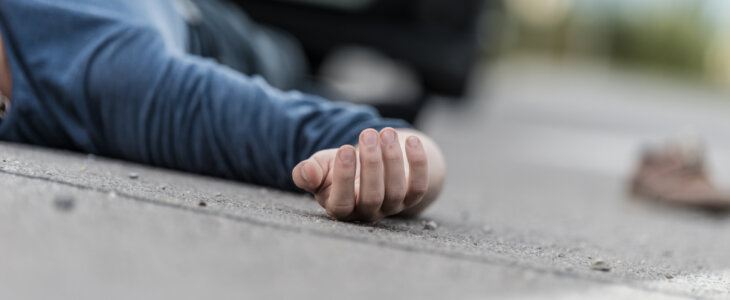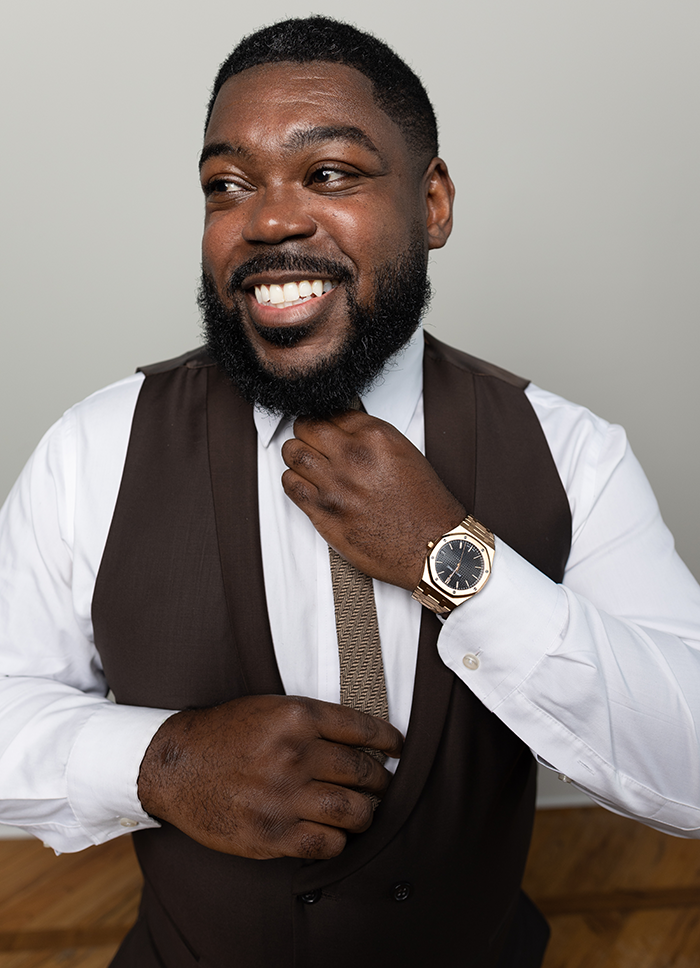As ridesharing services like Uber and Lyft continue to expand across Georgia, their convenience often comes with new risks, especially for pedestrians. Ridesharing vehicles are a common sight on Georgia’s streets, but the increased presence of these cars also means a higher chance of pedestrian accidents. Understanding your legal rights if you’re injured in such an accident is essential for recovering damages and protecting your well-being. In this post, Joshua E. Palmer Law will explore the common causes of pedestrian accidents involving ridesharing vehicles, legal responsibilities, and how a personal injury lawyer can help.
Common Causes of Pedestrian Accidents Involving Ridesharing Vehicles
Several factors make ridesharing vehicles particularly prone to pedestrian accidents:
- Driver Distraction: Ridesharing drivers rely heavily on smartphone apps for navigation, communication with passengers, and tracking their earnings. These distractions increase the likelihood of drivers missing pedestrians crossing streets or stepping off curbs.
- Unsafe Stopping Practices: Picking up or dropping off passengers in crowded or unsafe areas can lead to accidents. Ridesharing drivers often pull over in bike lanes, near crosswalks, or in no-stopping zones, putting pedestrians at risk.
- Speeding or Reckless Driving: Ridesharing drivers are pressured to complete as many trips as possible. This can result in speeding, running red lights, or not entirely stopping at stop signs, all of which can cause pedestrian accidents.
- Driver Fatigue: Many ridesharing drivers work long hours to maximize their income. Fatigue can impair reaction time and lead to mistakes that result in serious accidents involving pedestrians.
Legal Responsibility in Ridesharing Pedestrian Accidents
Determining liability in pedestrian accidents involving ridesharing vehicles can be complex. Several factors influence whether the driver, the ridesharing company, or both can be held accountable:
- Who is Liable?: In most cases, the ridesharing driver will bear primary responsibility for an accident. However, whether the company (Uber or Lyft) is liable depends on whether the driver was actively engaged in a ride.
- On-Duty vs. Off-Duty: If the ridesharing driver was actively transporting or en route to pick up a passenger, Uber or Lyft’s insurance coverage typically applies. However, if the driver was “off duty” and not using the app at the time of the accident, the ridesharing company might not be responsible, leaving the driver personally liable.
- Modified Comparative Fault in Georgia: Georgia follows a modified comparative negligence rule. If a pedestrian is found partially responsible for the accident (for example, by jaywalking or ignoring traffic signals), their compensation may be reduced. However, as long as the pedestrian is less than 50% at fault, they can still recover their portion of the damages.
Insurance Coverage for Pedestrian Injuries
Ridesharing companies like Uber and Lyft provide insurance coverage for accidents involving their drivers. Understanding how these policies apply can help injured pedestrians know where to seek compensation:
- Third-Party Liability Insurance: Companies provide third-party liability insurance when a ridesharing driver is on duty. This policy covers up to one million dollars for bodily injury or property damage caused by the ridesharing driver. Pedestrians injured in these accidents may file claims under this coverage.
- Uninsured/Underinsured Motorist Coverage: If the ridesharing driver lacks adequate insurance or is not covered during the accident, uninsured or underinsured motorist coverage may apply. Georgia law requires drivers to carry a minimum level of coverage, but in some cases, this might not be enough to cover the pedestrian’s injuries.
Legal Rights and Options for Injured Pedestrians
If you’re injured as a pedestrian in an accident involving a ridesharing vehicle, understanding your legal options is critical for securing compensation. You may have multiple avenues to explore:
- Filing a Claim Against the Ridesharing Driver: You can file a personal injury claim directly against the driver if their negligence caused the accident. This is the most straightforward approach, especially if the driver’s insurance coverage is sufficient to compensate you for your injuries.
- Pursuing a Case Against the Ridesharing Company: In certain situations, you may be able to hold Uber or Lyft accountable. However, ridesharing companies often argue that their drivers are independent contractors, making it more challenging to establish their liability. An experienced attorney can help determine if the company should be involved in the claim.
- Gathering Evidence: The success of your claim will depend on the strength of the evidence you provide. Video footage from nearby cameras, witness statements, and the driver’s activity logs (from the ridesharing app) are all essential pieces of evidence in pedestrian accident cases.
- Statute of Limitations: In Georgia, the statute of limitations for personal injury claims is two years from the date of the accident. If you fail to file within this timeframe, you may lose your right to compensation.
Protect Your Rights After a Ridesharing Accident
Pedestrian accidents involving ridesharing vehicles are becoming increasingly common in Georgia. Understanding your legal rights, insurance coverage, and options for pursuing compensation is crucial if you’ve been injured. While these cases can be complex, an experienced personal injury attorney can guide you through the process and fight to ensure you receive the compensation you deserve. Contact us today if you or someone you know has been injured in a ridesharing accident. We are committed to serving you and guiding you through this difficult time.



